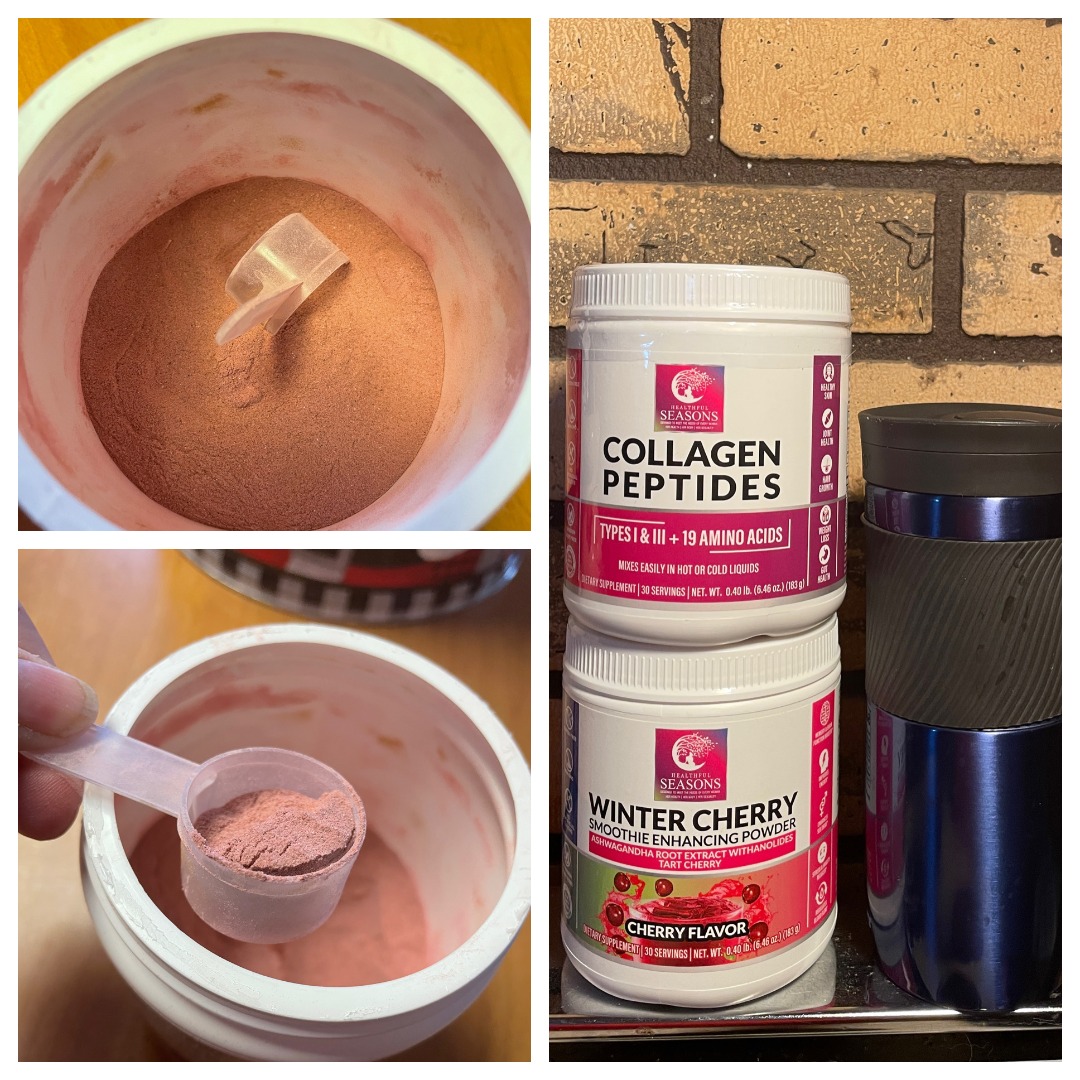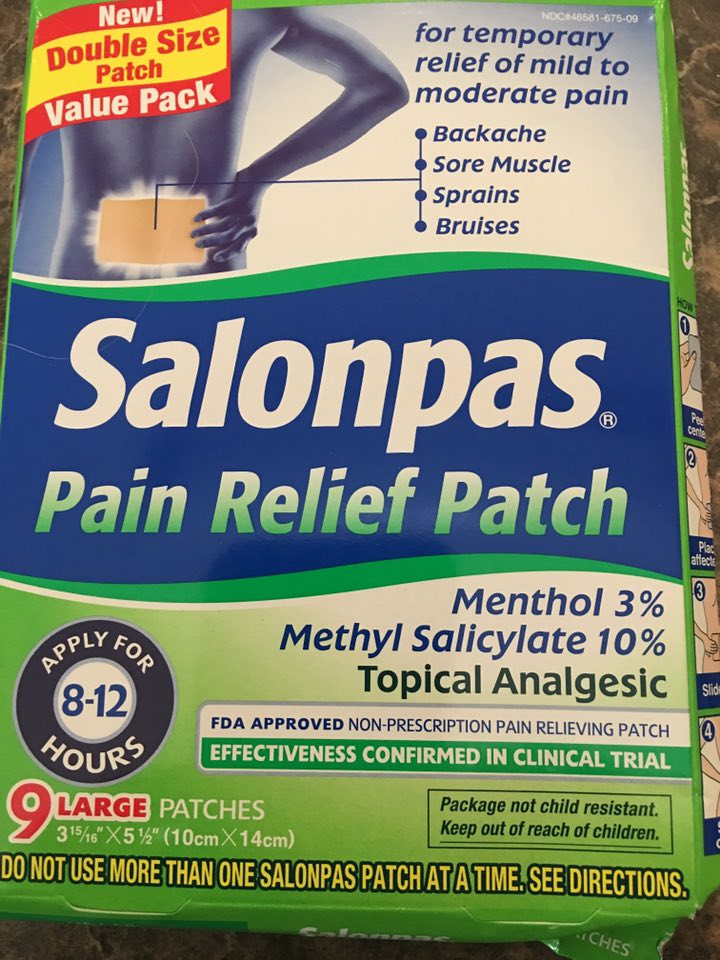Signs, Symptoms, and Treatment of Dysphagia
Simply put, dysphagia is difficulty in swallowing which can range from mild to severe. While it is more common among the elderly, anyone of any age can be diagnosed with dysphagia. There are several known causes but treatment for each will vary to some extent. If you or someone you love suffers from a chronic inability to swallow, the first thing to do is contact your primary health provider so that steps can be taken to diagnose and treat the underlying cause of this condition. While you are waiting to be seen, the following information on the signs, symptoms, and treatment of dysphagia can prove to be quite helpful.
Signs and Symptoms of Dysphagia
As noted above, dysphagia is a condition in which it becomes increasingly difficult to swallow, sometimes leading to choking if the muscles and nerves in the neck and throat are severely damaged. If they are damaged or weakened to the point when the back of the throat or even the esophagus are significantly narrowed, choking can occur. For this reason, it is essential that if any of the following signs and symptoms occur, it’s time to seek a professional diagnosis for treatment.
Until that time, you can always eat softer and easier-to-swallow foods. If you continually aspirate liquids, you may want to try a thickening agent that mixes well with any kind of liquid, hot or cold. It can be purchased online, or you might do a search on the product website for Simply Thick near me.
The primary signs and symptoms include:
- Frequent inability to swallow.
- Increasing pain when swallowing.
- Drooling.
- Ongoing hoarseness.
- Feeling as though food is caught in your throat.
- Frequent regurgitation or heartburn.
- Coughing and/or gagging when trying to swallow.
Those are just some of the signs and symptoms of dysphagia but once again, anyone can have a bout or two of acid reflux or food getting caught in the throat. That doesn’t mean you are suffering from dysphagia. The concern comes about when these problems are ongoing.
Treatment of Dysphagia
As for the treatment of dysphagia, that will be left up to your physician because the condition is actually symptomatic of an underlying disease or health concern. The problem is, there are two main types of dysphagia: esophageal dysphagia and oropharyngeal dysphagia. The first main category,esophageal dysphagia, is when you often get the feeling that food is getting caught in your throat and just sticks there. Oropharyngeal dysphagia is difficulty or the inability to move food from your throat all the way to your stomach. Sometimes you feel as though food is getting trapped in your windpipe or even in your nose! This is why a doctor’s diagnosis and treatment plan are essential. In any case, you will probably be told to eat soft foods or liquids, which can pass easily, but if liquids cause you to aspirate, a thickening agent should be beneficial.
Your Key Takeaway
When all is said and done, dysphagia can be life-threatening, so there are two immediate options you can keep in mind until you have sought medical advice, and even after that as well. Try to keep your food soft and all liquids thick enough so you don’t aspirate. Also, if you will be eating solid foods, only do so in the presence of others, preferably someone who knows the Heimlich maneuver. You know the symptoms now, so talk to your doctor about what you can do about them.





